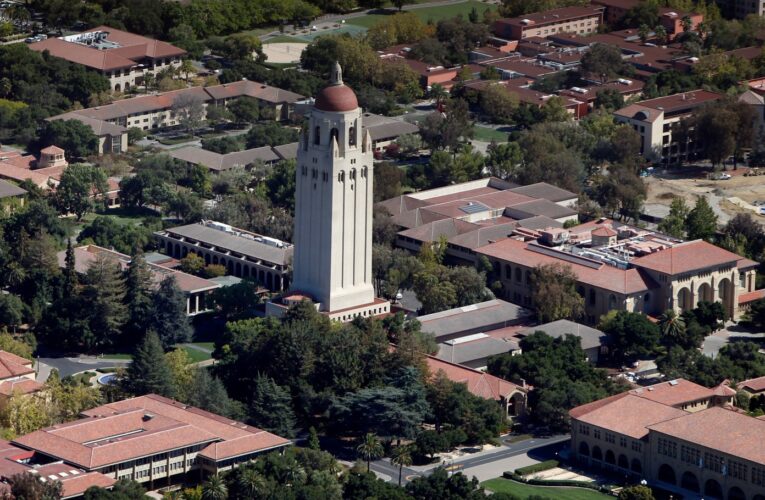Oakland man charged in mass shooting at Lake Merritt sideshow that followed Juneteenth celebration
OAKLAND — One of the 14 people wounded in a mass shooting near Lake Merritt last month was charged Tuesday after authorities say he was among the gunmen in a shootout that left a large crowd of people scrambling for safety, court records show. JaJuan Kelly, 23, of Oakland, was charged with four felony counts of assault with a semi-automatic firearm in the June 19 shooting, according to court documents. He was transferred to Santa Rita Jail on Monday from a hospital where he had been recovering from his wounds. He is being held in lieu of $1,630,000 bail. It is still unclear whether he actually hit anyone in the shooting on June 19. He also was charged with possession of a firearm by a felon and possession of ammunition by a prohibited person. Kelly was identified as one of the suspected shooters through video and other evidence, authorities said. According to court records, he and several other people were at Lake Merritt, which had been the site of a peaceful Juneteenth celebration, when they spotted another group of people walking nearby. A shootout ensued



































